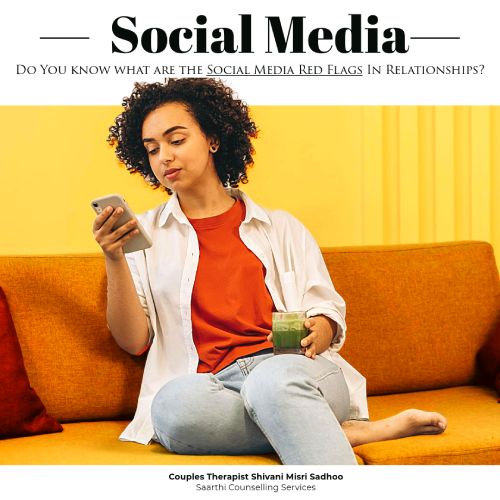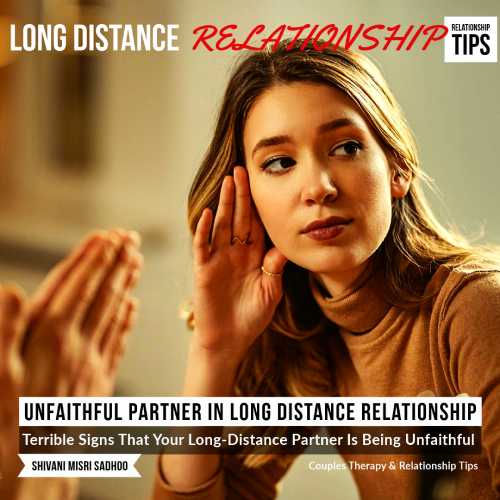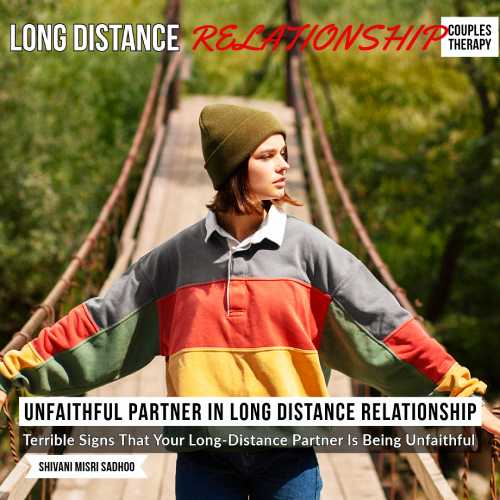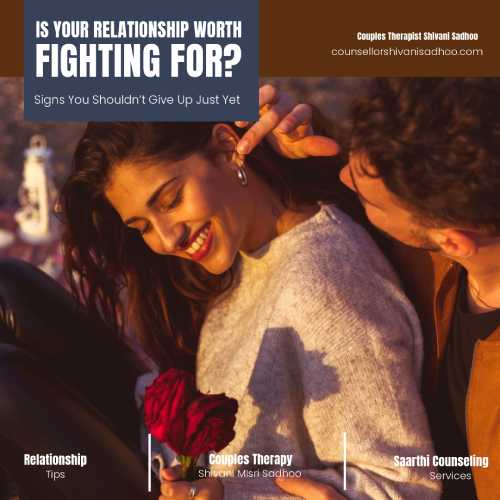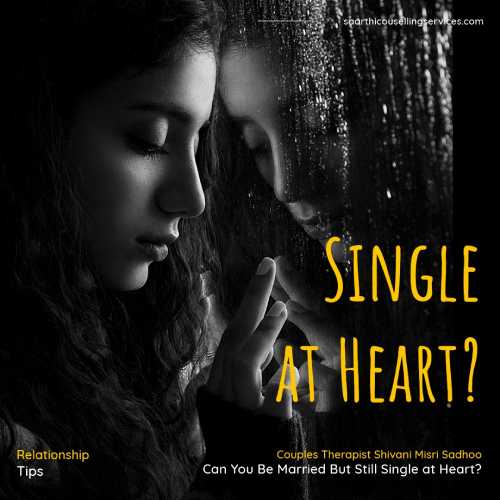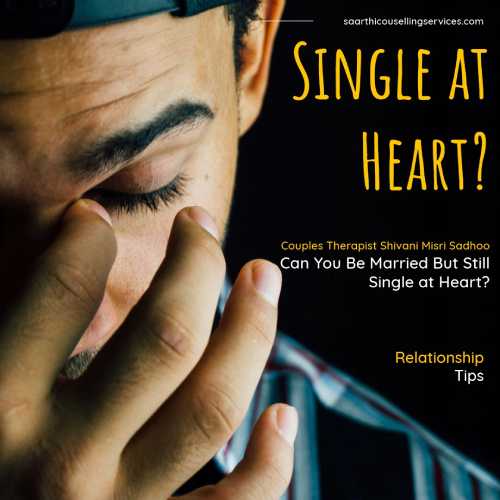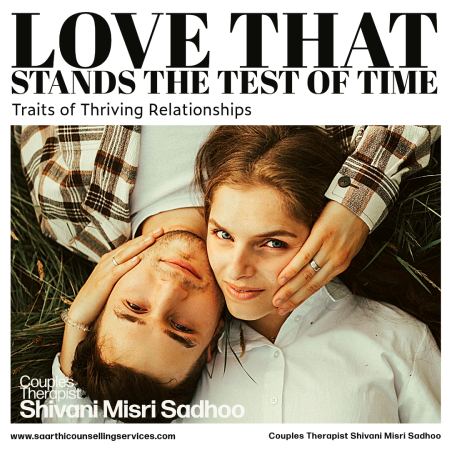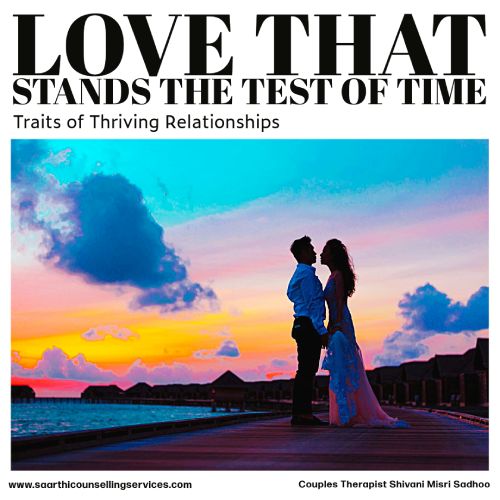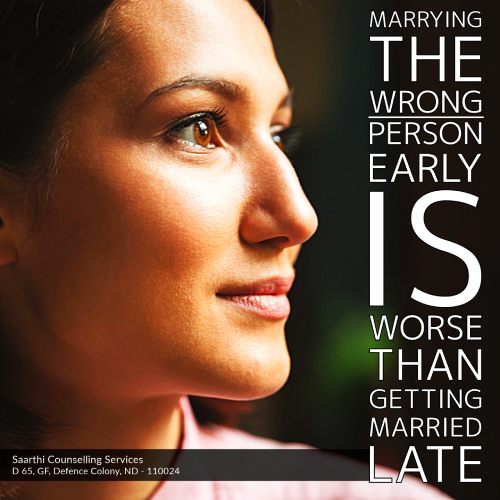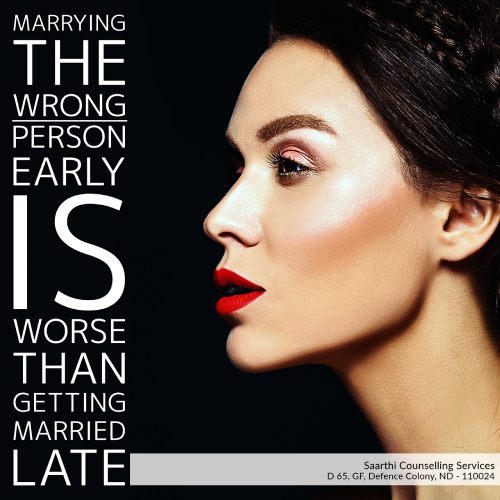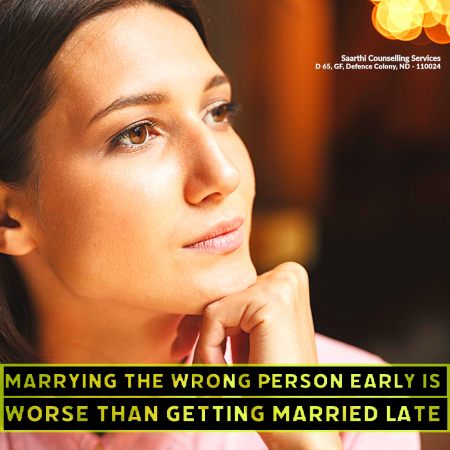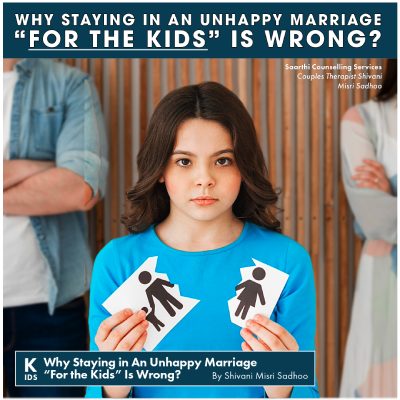The internet has indeed revolutionized the world. Gone are the days when information was scarce and communication was slow.
Today, with just a few clicks or taps, we can delve into a vast repository of knowledge on virtually any topic and connect with individuals worldwide in an instant. Social media, in particular, has streamlined the process of finding romantic partners, transcending geographical boundaries and time zones. Yet, amid its convenience, social media has also become a breeding ground for relationship issues. The same platforms that bring couples closer together can also harbour hidden red flags that may signal trouble ahead.
To understand these social media red flags, let’s explore the perspective of top relationship expert and marriage counsellor Shivani Misri Sadhoo on the social media behaviours that should not be ignored in relationships.
What are the social media red flags in relationships?
Couples therapist, Shivani Misri Sadhoo says to find out you need to check the following signs:
Pretending to be single
When a partner behaves as if they’re single on social media—keeping relationship status hidden, avoiding posting photos together, or asking not to be tagged—it raises red flags. While some value privacy, constant avoidance of mentioning the relationship may indicate keeping options open or a lack of commitment. Genuine partners don’t hide relationships; secrecy may suggest dishonesty, embarrassment, or external pressure. Openness and acknowledgement are essential for healthy relationships.
Is your partner spending too much time on social media?
Spending excessive time on social media during dates can detract from romance, signaling that your partner’s focus isn’t on you. It may indicate addiction, where the virtual world overshadows real connections. Social media’s curated facade fosters dissatisfaction and can be an escape from unhappiness. Ignoring moments like sunsets hints at prioritizing screens over shared experiences. Recognizing these signs is crucial; excessive social media use can signal deeper issues affecting relationships and personal well-being.
Posting flirtatious remarks on others’ social media posts
Flirting with others on social media, especially through public comments, signals a lack of commitment and respect in a relationship. This behavior undermines trust and emotional security, akin to infidelity. Engaging in such actions can lead to feelings of betrayal and hurt. Consistently leaving flirty comments on others’ posts raises doubts about one’s intentions and loyalty. It’s crucial to reflect on whether this behavior aligns with your expectations for a healthy, monogamous relationship.
Not accepting social media requests
Many a time, refusing to accept a connection request on social media signals reluctance to integrate into each other’s lives. It suggests a lack of transparency and openness. Denying the request may indicate a desire to keep aspects of one’s life hidden, potentially signaling dishonesty or unfaithfulness. By rejecting the connection, the partner may be implying a disregard for the relationship’s importance or the other person’s feelings. Overall, refusal to connect on social media can raise concerns about trust and commitment.
Reluctant in posting your relationship online
Some people choose privacy, but when a partner avoids posting about the relationship on social media while being active otherwise, it raises concerns. The absence of acknowledgment could signal a lack of commitment or reluctance to publicly affirm the relationship. This omission may lead to feelings of exclusion and impact self-esteem negatively. Comparing one’s relationship to others’ flashy posts only emphasizes the authenticity of real-life connections.
Inconsistent behavior or mismatch between online and offline conduct
When someone’s online persona is drastically different from their offline behavior, it can raise concerns about authenticity and honesty in a relationship. While it’s common for people to curate their online presence to some extent, a significant inconsistency like this can be a red flag. For instance, imagine if your partner constantly shares posts about loyalty and trust online, but in reality, they frequently lie to you about their whereabouts or interactions with others. This mismatch between their digital facade and real-life actions could erode trust and breed resentment in the relationship over time.

